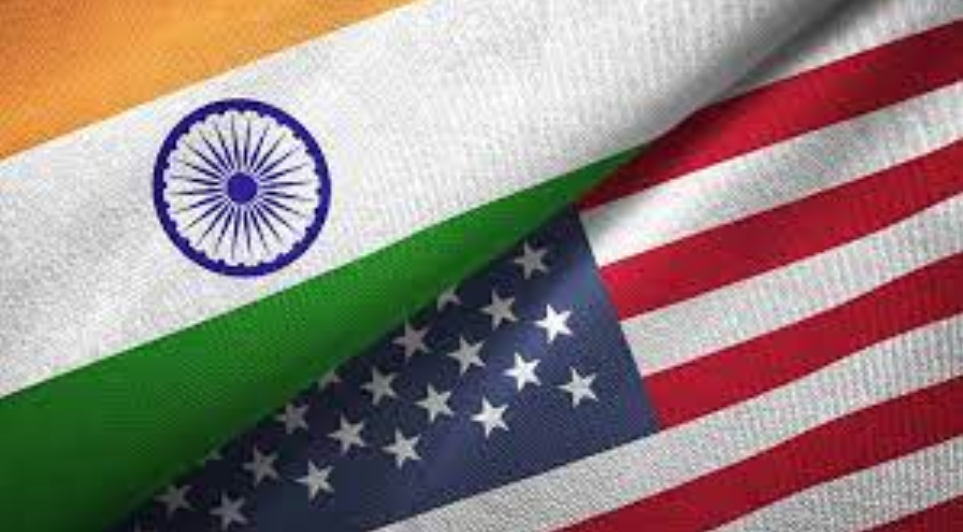CUNY Launches Research Initiative Honoring Indian Educationist Dr. Achyuta Samanta

New York– In a significant step toward deepening academic collaboration between India and the United States, the City University of New York (CUNY) has inaugurated a dedicated research platform named after prominent Indian educationist Dr. Achyuta Samanta. The initiative, titled the Achyuta Samanta India Initiative of the CUNY CREST Institute (ASIICCI), was launched this week with a ribbon-cutting ceremony in New York attended by Dr. Samanta and Dr. Milton Santiago, President of Bronx Community College.
The ASIICCI will focus on interdisciplinary research addressing India’s educational and social development challenges, with a particular emphasis on the eastern state of Odisha. This marks one of the rare instances in which an American public university has named a research platform after a living Indian figure.
Dr. Samanta, a native of Odisha, is the founder of the Kalinga Institute of Industrial Technology (KIIT) and the Kalinga Institute of Social Sciences (KISS). KIIT serves over 40,000 students in a wide range of professional disciplines, while KISS provides free education, housing, food, and healthcare to an equal number of tribal children. His work has been widely acclaimed for its integration of academic excellence and social empowerment.
Recognized globally for his contributions, Dr. Samanta has received 67 honorary doctorates from institutions around the world—one of the highest such tallies for an Indian academic or social worker.
CUNY officials noted that Dr. Samanta’s model, which intertwines education with holistic community development, presents a valuable framework for global adaptation. The new platform aims to offer scholars a space to engage in research informed by this model and explore solutions to real-world challenges in education and social equity.
CUNY, one of the largest and most diverse public university systems in the U.S., serves over 300,000 students representing 122 nationalities. The launch of ASIICCI is expected to enhance scholarly collaboration between the two nations and deepen mutual understanding of inclusive educational practices.
The initiative has been welcomed by academic circles as a rare and meaningful acknowledgment of an Indian educator’s impact while still active in the field, reinforcing a growing international discourse on education as a vehicle for social change.





